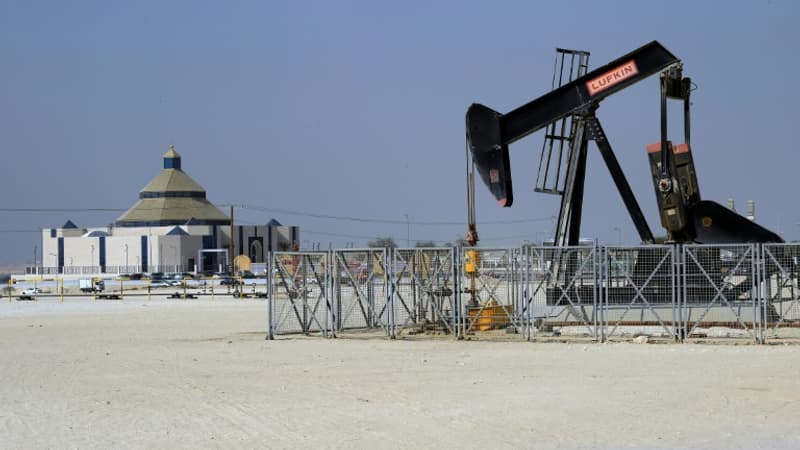Bahrain has announced the introduction of a tax on the profits of multinationals from 2025, a first for the Gulf kingdom.
The measure, which will come into effect on January 1, “aims to ensure that multinationals pay a minimum tax of 15% on profits generated” in the country, in line with the standards of the Organisation for Economic Co-operation and Development (OECD), the Bahrain National News Agency (BNA) reported on Sunday evening.
The tax will apply to all companies with global revenues exceeding 750 million euros, reflecting “Bahrain’s commitment to promoting global economic fairness and transparency,” he added.
No corporate tax
In 2021, more than 130 countries agreed to introduce a global minimum tax rate of 15%, under the auspices of the OECD, to end the search for low rates by big companies.
Bahrain, a small crude producer that is not a member of the Organization of the Petroleum Exporting Countries (OPEC), is seeking to diversify its sources of income, which depend heavily on oil, like other Gulf countries.
The United Arab Emirates, long considered a tax haven and regional headquarters for many companies, last year began taxing corporate profits above 375,000 dirhams (about 91,500 euros) at 9%, while Oman and Kuwait already apply a 15% tax rate to foreign companies.
“Bahrain’s case is notable because the country had no corporate income tax and directly applied OECD rules,” said Justin Alexander, director of the consultancy Khalij Economics.
Manama, home to multinationals such as Amazon Web Services, Microsoft and Pepsi, opposed such a tax a few years ago “due to concerns about its competitiveness,” the economist recalls.
But its persistent budget deficits and the standardisation of tax rules across the region have encouraged it in this direction, he explains.
According to the OECD, the introduction of a global minimum corporate tax rate is expected to generate $220 billion (around €199 billion) in additional annual revenue for governments.
Source: BFM TV


